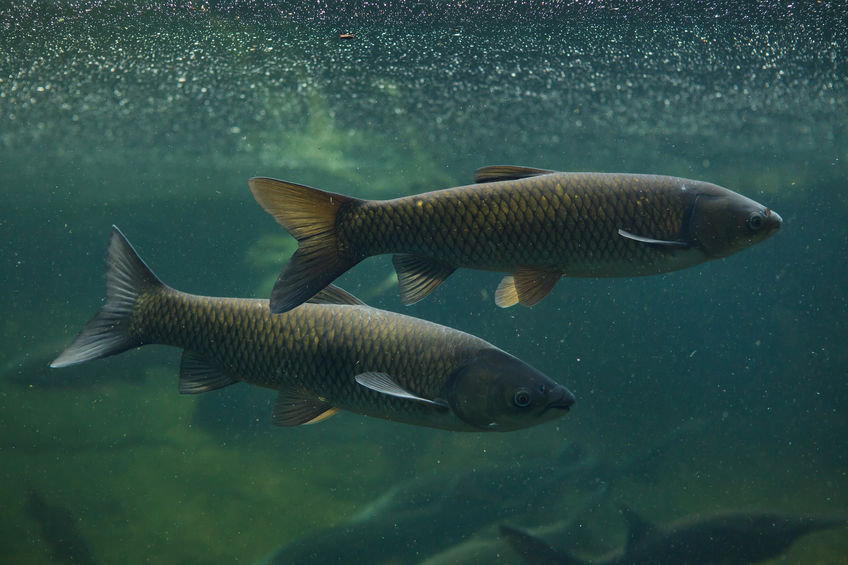
Most anglers have a list of favorite spots they like to choose from when they’re planning a trip out to the water. You probably prefer going to these places because you have the most fishing success there. One of the biggest reasons you’re able to enjoy these ample fishing opportunities is because the local ecosystems have been well-maintained to ensure growth and sustainability in their fish and other species populations. Keeping out invasive species plays a big role in these sustainability efforts.
If you want to make sure your favorite fishing spots continue to boom, you must do your part to help ward off invasive species from these bodies of water. Here are a few things you can do to contribute:
1) Learn how to identify them.
The first step to contributing to any cause is educating yourself. The good news is, you’ve already started to do that just by reading this post! You should continue your education by learning about the invasive species that currently or could potentially threaten the areas in which you fish. If you know how to spot the problem, you can act.
Here’s a good place to start your research if you fish in the Saskatchewan waters around Lawrence Bay Lodge.
2) Report any sightings.
Once you’ve become knowledgeable about local invasive species, it’s important that you put that knowledge into action when the time comes. If you spot an invasive species while you’re out on a fishing escapade, report the information to people who can do something about it. This would be the U.S Fish & Wildlife Service, as well as local conservation and environmental agencies.
When you report a sighting, include the location (GPS coordinates if you have them), name of the species, when you saw it, and your name and contact information. If possible, you should take pictures of the species when you see it to include in your report.
3) Clean all of your equipment before fishing in a different body of water.
When you’re packing it in after a fishing expedition, take the time to drain, clean, and dry your boat and all fishing gear. This is perhaps the biggest way you can help prevent the spread of invasive species. Plant and animal species from a body of water can cling to your equipment. If you don’t clean it thoroughly, you may introduce an invasive species when you use your equipment in a different body of water to which those aquatic lifeforms are not native.
Start by draining any equipment that holds water. Then, clean and disinfect those supplies and all other gear. Dry them completely before using in a different fishing spot. Some fishing areas have decontamination stations at which you can do this with your boat and other equipment.
4) Use native bait when you can.
If possible, it’s best to get your bait from a local shop in the area where you’ll be fishing. This will help minimize the risk of you bringing an invasive species of worm, baitfish, etc. and introducing it into the water.
Dispose of any bait you don’t end up using in the garbage, rather than dumping it in the water. Even if you buy your bait locally, you never know when a small fish or insect might slip past someone or be misidentified. All it takes is one to wreak havoc on native populations.
5) Consider joining removal efforts.
If you really want to get involved and help eliminate invasive species in your favorite fishing areas, look for local programs and organizations that conduct removals. Volunteer opportunities for invasive species removal are everywhere and usually very easy to join.
They might be in the form of training programs that teach you how to identify and remove foreign species on your own. Some groups organize a day or afternoon for volunteers to actually go through local areas to search for and remove invasive species. Even just donating to some of these organizations helps make a difference in keeping the local ecosystem sustainable.
At Lawrence Bay Lodge, we are very serious about our dedication to preserving the populations of native fish in Reindeer Lake. That’s why we implemented a catch and release fishing program in 1981. This way, local fish species can continue to grow and thrive, and all of our guests can have the opportunity to reel in a trophy catch year after year.
Get in touch with us today to book your stay and the fishing experience of a lifetime!

